John 14:28 “You heard me say, ‘I am going away and I am coming back to you.’ If you loved me, you would be glad that I am going to the Father, for the Father is greater than I.
In recent weeks we have seen so called Reformed apologists deny the eternal generation of the Son, deny the subordination of the Son to the Father and belligerently affirm that John 14:28 merely asserts a functional subordination to the Father in the economia. This interpretation is a complete innovation and has no historical credibility, except for an ambiguity in Basil the Great.[1] Here then I catalog a series of Early Fathers on the interpretation of John 14:28 affirming an ontological subordination that pertains not to a denial of homoousios but an affirmation of the Father’s hypostatic Monarchy and the Son’s subordination to the Father as his source and origin:
Alexander of Alexandria, Epistles on Arianism and the Deposition of Arius 1.12
“That He is equally with the Father unchangeable and immutable, wanting in nothing, and the perfect Son, and like to the Father, we have learned; in this alone is He inferior to the Father, that He is not unbegotten. For He is the very exact image of the Father, and in nothing differing from Him. For it is clear that He is the image fully containing all things by which the greatest similitude is declared, as the Lord Himself has taught us, when He says, My Father is greater than I. John 14:28 And according to this we believe that the Son is of the Father, always existing. For He is the brightness of His glory, the express image of His Father’s person.”[2]
Athanasius, Discourse 1 Against the Arians. 58,
“But since he has here expressly written it, and, as has been above shown, the Son is Offspring of the Father’s essence, and He is Framer, and other things are framed by Him, and He is the Radiance and Word and Image and Wisdom of the Father, and things originate stand and serve in their place below the Triad, therefore the Son is different in kind and different in essence from things originate, and on the contrary is proper to the Father’s essence and one in nature with it. And hence it is that the Son too says not, ‘My Father is better than I John 14:28,’ lest we should conceive Him to be foreign to His Nature, but ‘greater,’ not indeed in greatness, nor in time, but because of His generation from the Father Himself , nay, in saying ‘greater’ He again shows that He is proper to His essence.”[3]
Eusebius of Caesarea to Euphration of Balanea
“(2.) For the Son of God himself, who quite clearly knows all things, knows that he is different from, less, and inferior to the Father, and with full piety also teaches us this when he says, “The Father who sent me is greater than me” [John 14:28].”[4]
Gregory Nazianzen, Fourth Theological Oration (Oration 30),
“VII. As your third point you count the Word Greater; and as your fourth, To My God and your God. And indeed, if He had been called greater, and the word equal had not occurred, this might perhaps have been a point in their favour. But if we find both words clearly used what will these gentlemen have to say? How will it strengthen their argument? How will they reconcile the irreconcilable? For that the same thing should be at once greater than and equal to the same thing is an impossibility; and the evident solution is that the Greater refers to origination, while the Equal belongs to the Nature; and this we acknowledge with much good will. But perhaps some one else will back up our attack on your argument, and assert, that That which is from such a Cause is not inferior to that which has no Cause; for it would share the glory of the Unoriginate, because it is from the Unoriginate. And there is, besides, the Generation, which is to all men a matter so marvellous and of such Majesty. For to say that he is greater than the Son considered as man, is true indeed, but is no great thing. For what marvel is it if God is greater than man? Surely that is enough to say in answer to their talk about Greater.”[5]
Origen, Commentary on the Gospel of John (Book II).6
“Thus, if all things were made, as in this passage also, through the Logos, then they were not made by the Logos, but by a stronger and greater than He. And who else could this be but the Father?”[6]
(Book VI).23
“or the Father who sent Him, He who is theGod of the living as Jesus Himself testifies, of Abraham and of Isaac and of Jacob, and He who is greater than heaven and earth for the reason that He is the Maker of them, He also alone is good and is greater than He who was sent by Him.”[7]
On Origen: Leo Donald Davis, The First Seven Ecumenical Councils (325-787),
“The Father is called by Origen ho theos, the God, while the Son is simply theos, God by participation and sharing in the Father’s divinity. The Father is I consequence greatr than the Son, for as Christ said, ‘The Father is greater than I,’ and the Son is in turn greater than the Holy Spirit.” (pg. 49)
Hilary of Poitiers, On the Councils, or, De Synodis or On the Councils, The Faith of the Easterns (Schaff, NICENE AND POST-NICENE FATHERS VOLUME IX),
“11…For it is plain that only the Father knows how He begot the Son, and the Son how He was begotten of the Father. There is no question that the Father is greater. No one can doubt that the Father is greater than the Son in honour, dignity, splendour, majesty, and in the very name of Father, the Son Himself testifying, He that sent Me is greater than I. And no one is ignorant that it is Catholic doctrine that there are two Persons of Father and Son; and that the Father is greater, and that the Son is subordinated to the Father, together with all things which the Father has subordinated to Him, and that the Father has no beginning and is invisible, immortal and impassible, but that the Son has been begotten of the Father, God of God, Light of Light, and that the generation of this Son, as is aforesaid, no one knows but His Father.”[8]
[3] http://www.newadvent.org/fathers/28161.htm



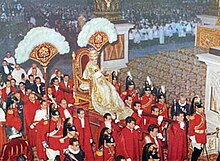

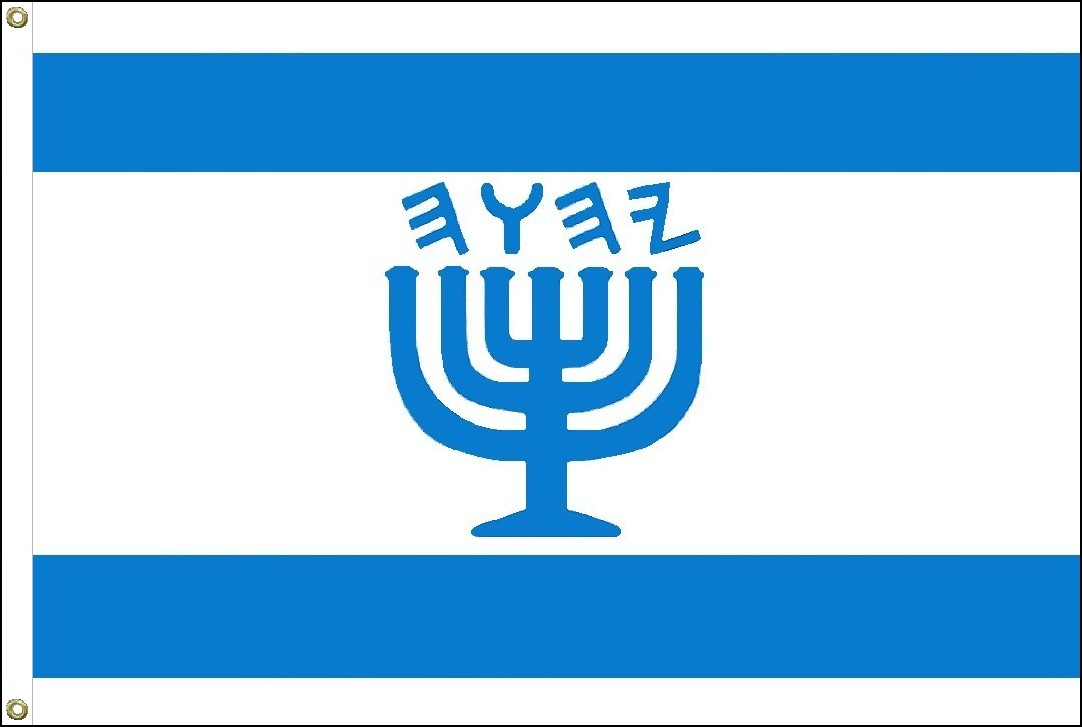

-1-.jpg)

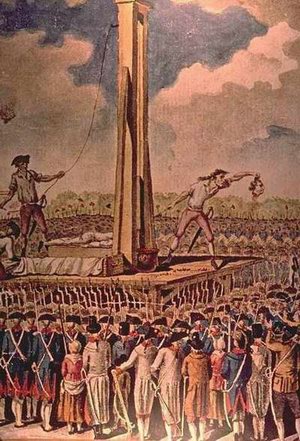










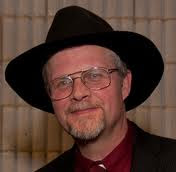

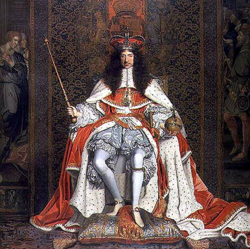










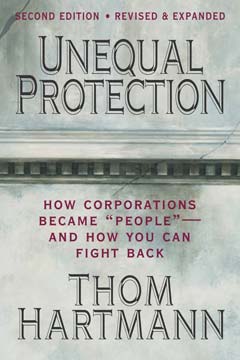
You know, it’s quite absurd that people twist Christ’s words to say “the Father is greater than I because I’m a man.” The Father is greater than all men anyway. He’s obviously speaking of the Father’s person greater than His [capitalized still] person.